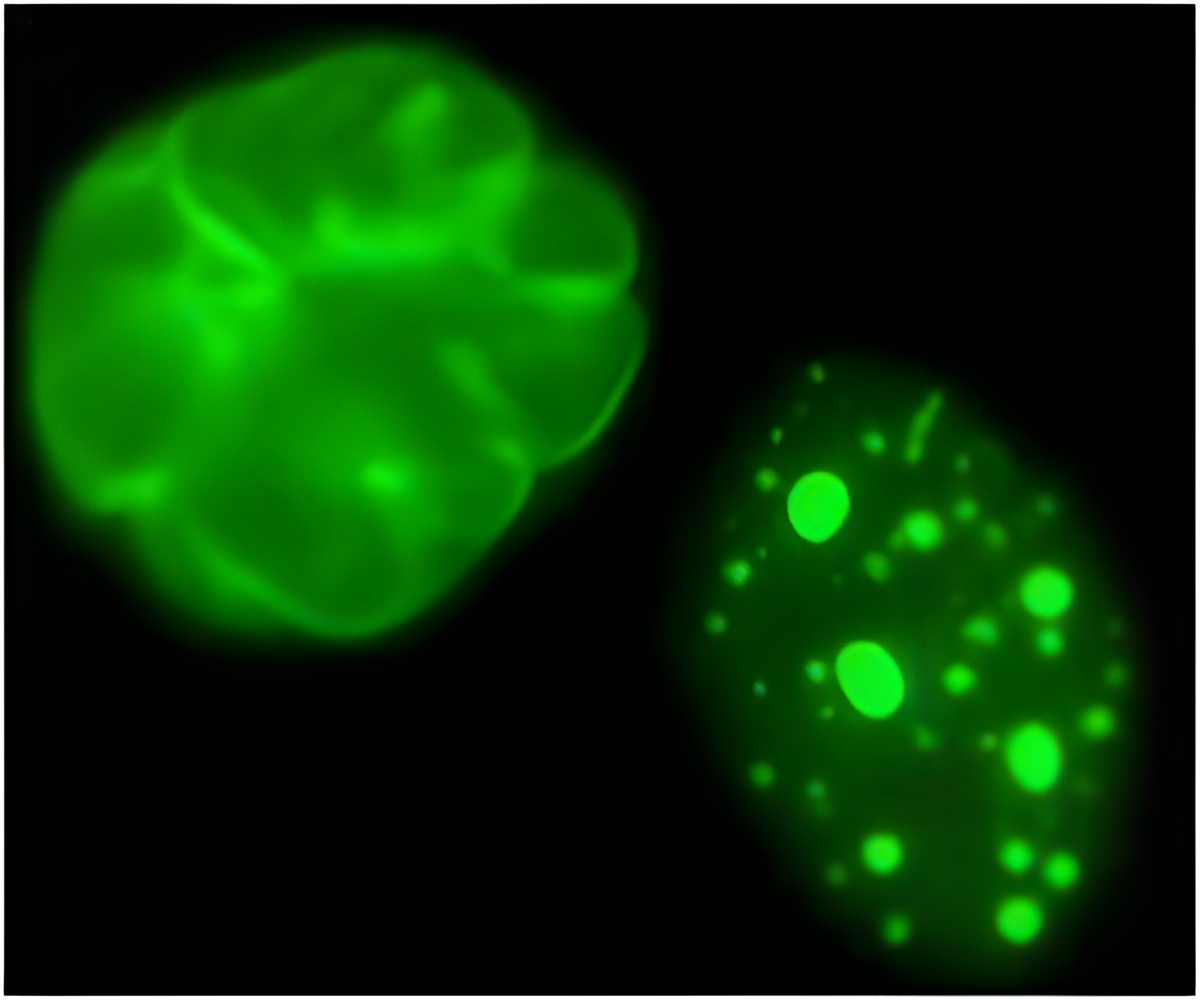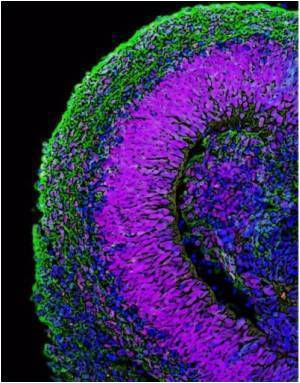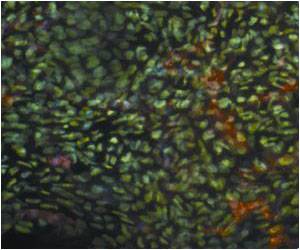The reason for the secrecy - these cells have potentially huge commercial value if human clinical trials succeed.

The new trial aims at pioneering a technique that could see stem cells available to the mass market, off-the-shelf. And it would not prevent disease, it would be a cure.
The treatment will involve a hole of about a quarter- of-an-inch being drilled into the patient's skull, held in place by a vice, and a specially designed syringe or 'delivery device' dispersing the liquid containing neural foetal stem cells into the stroke-damaged part of the brain.
Whoever successfully develops mass stem cell therapies that can cure killers such as stroke, heart disease, diabetes or Parkinson's will have found the holy grail of medicine and turned science fiction into fact.
The trial has been performed in rats already. The cells are injected into the damaged area of the brain where they regenerate and multiply - leading to new connections in the brain.
"Will we see people jumping out of wheelchairs? That would be great but at the upper end of my expectations. I'd be happy to see people being able to walk, talk and wash themselves better after suffering a major stroke," The Daily Mail quoted Michael Hunt, ReNeuron chief executive as saying.
Advertisement
"Some risks we do know: the risk of operating under anaesthetic, the risk of dealing with a stroke patient who could suffer another stroke, the risk of heart problems during surgery, the risk of tumours, the risk of an allergic reaction," said Dr. Keith Muir, a world-renowned neurologist.
Advertisement
"It's exciting and we're privileged to be in this position. Does it keep me awake at night - the fear of the unknown? Up to a point, yes. The pressure is immense," he added.
But for some, the scientific breakthrough is unethical.
Anthony Ozimic, communications manager at the Society for the Protection of the Unborn Child, said, "Foetal and embryonic stem cell research is unethical, unnatural."
"In no way should the bodies of the dead be exploited in this way - particularly from an abortion," he added.
He also claimed the side-effects of using samples from embryos or foetuses can have 'horrific results', citing one trial in the US which grafted fresh foetal tissue (rather than cultivated stem cells) on to the brain of Parkinson's patients - leading to hair and teeth abnormalities.
There is also a vast black market, advertising stem cell 'cures' that have not undergone proper government-regulated clinical trials. Some people pay tens of thousands of pounds to be guinea pigs for these 'cures'.
Source-ANI










